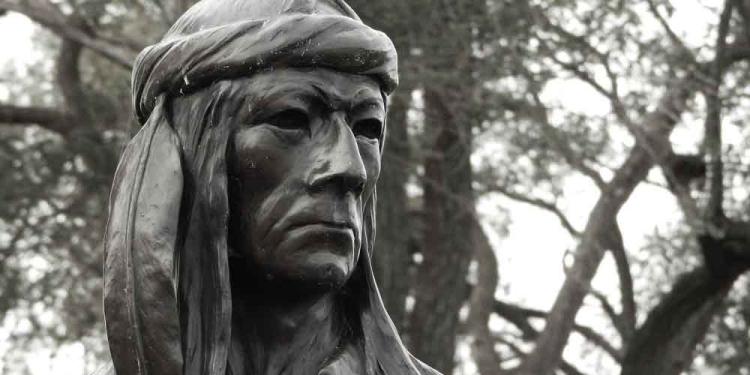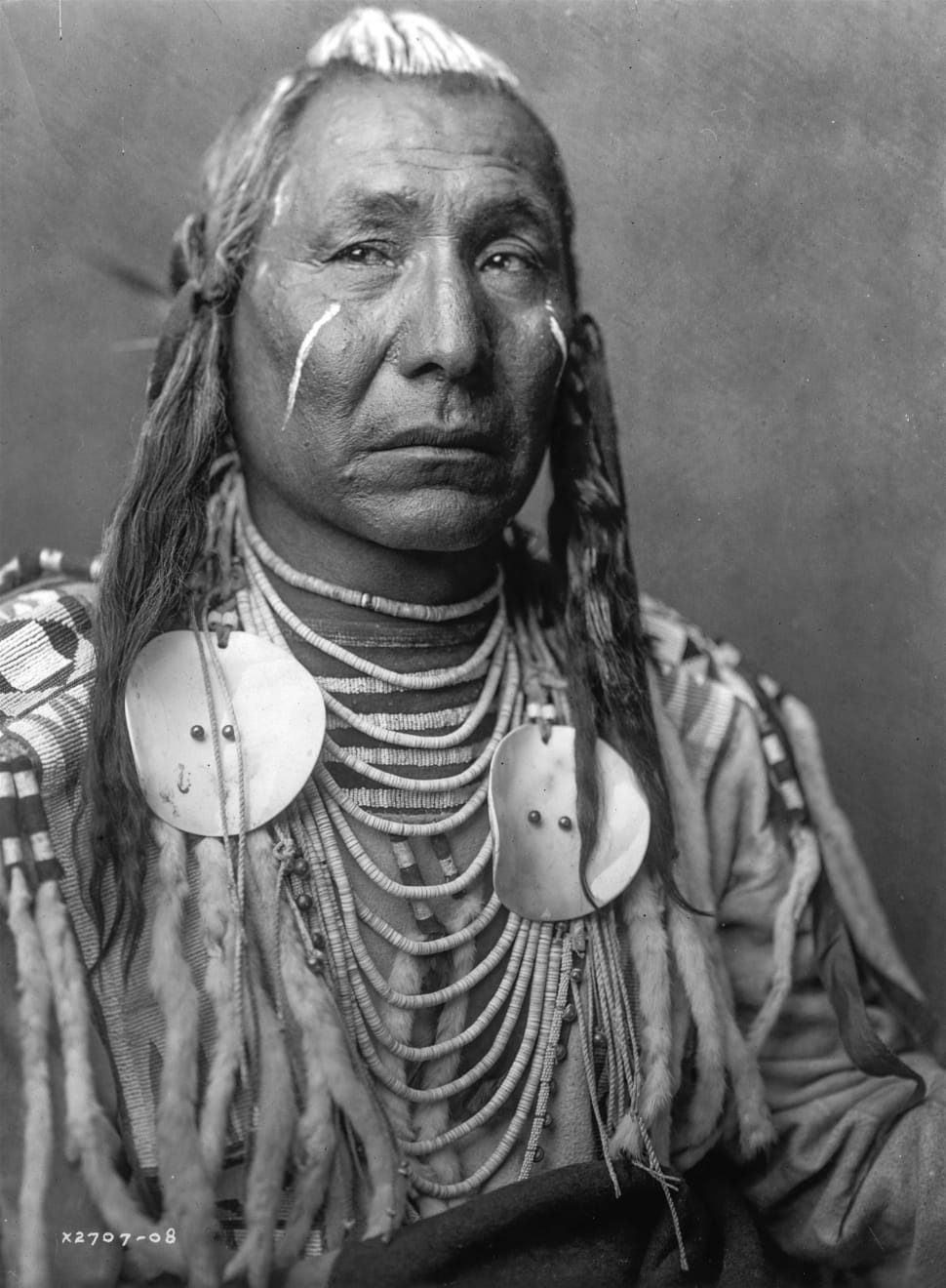Native American Casinos
Posted: May 14, 2020
Updated: May 14, 2020
Native American casinos are very big business in the US. According to Wikipedia, at the last known census on native American gambling in 2011, there were over 460 gaming establishments run by over 240 separate tribes. And there were bringing in a total income of more than $27 billion. In fact, no matter where you are in the US, you're probably no more than a three-hour drive to the nearest one of many Native American casinos. So what's the story behind them?

Introduction: Native American Casinos
In the early 1970's a married Chippewa couple were living in a mobile home. They were on Indian lands in northern Minnesota when they received a property bill tax notice. The couple, Russell and Helen Bryan had their property located within the Chippewa Indian Reservation. They felt that the local authority had no right to make this demand of them. So off to court they went. Though they continuously lost their case in the various courts, from local to the state level, it was the US Supreme Court that eventually ruled in their favor.Do What You Want
In a far-reaching and unanimous decision, the Justice ruled that local governments have no authority to tax the Natives on their own reservations. Also, had no say in the regulation of activities that could take part on a reservation. So it's with this ruling that the stage was set for tribal gambling. More and more Indian tribes realized the consequences of the court judgment. Most importantly, they saw it was an open invitation to be able to do things that were normally prohibited by state law. And that included gambling.Native American Casinos: Undercutting The Local Casinos

Green With Envy
So now we have thousands of happy punters and Indian tribes finally able to generate some income for themselves. They saw a massive increase in their revenue since gambling became legal on their lands. Unfortunately, the State of Florida was unhappy. They felt that these court rulings gave the reservation casinos a huge advantage over those outsides. And yes, they were right in that. But rather than loosening the regulations to bring them into line with the one's the tribes operated under, the local governments sought to make life difficult for the Native American casinos.It's Called Racist
Each time, the tribes introduced a new measure or game, the state would sue them in court. The frustration on the part of the local and state governments grew to the point where they were able to successfully lobby Congress for a new law. Under pressure from the casino industry in general, in 1988 Congress passed the Indian Gaming Regulatory Act (IGRA) (signed by President Ronald Reagan). This continued to allow casino to be set up in Native American reservations. But it gave the running authority to the state. It meant that in essence, a "tribal-pact" had to first be in place before any casino could be considered. As you can imagine, the Indians saw this as yet more governmental interference in their own affairs.Native American Casinos: Reminding The US Of All They Stole
This is an understandable point of view. Up until the late 1950s, Native Americans were some of the most dispossessed people in the country. They suffered depravity and racial profiling. Remember that reservations are made up or the poorest lands. This is in terms of both mineral wealth and/or earth with any farming potential. So, after fighting through the courts and finding victory, it was galling the way the states sought to nullify, or worse, simply close down their operations and seize their assets. Though tribal gaming represents the largest source of income for the tribes that partake in the gambling industry, they are seeing their revenues decline as the state plays a bigger part in rulemaking. The online casino sites in the US also made people stay home and gamble without traveling.Click here to visit the Bovada Casino
Related content
Subscribe
0 Comments












